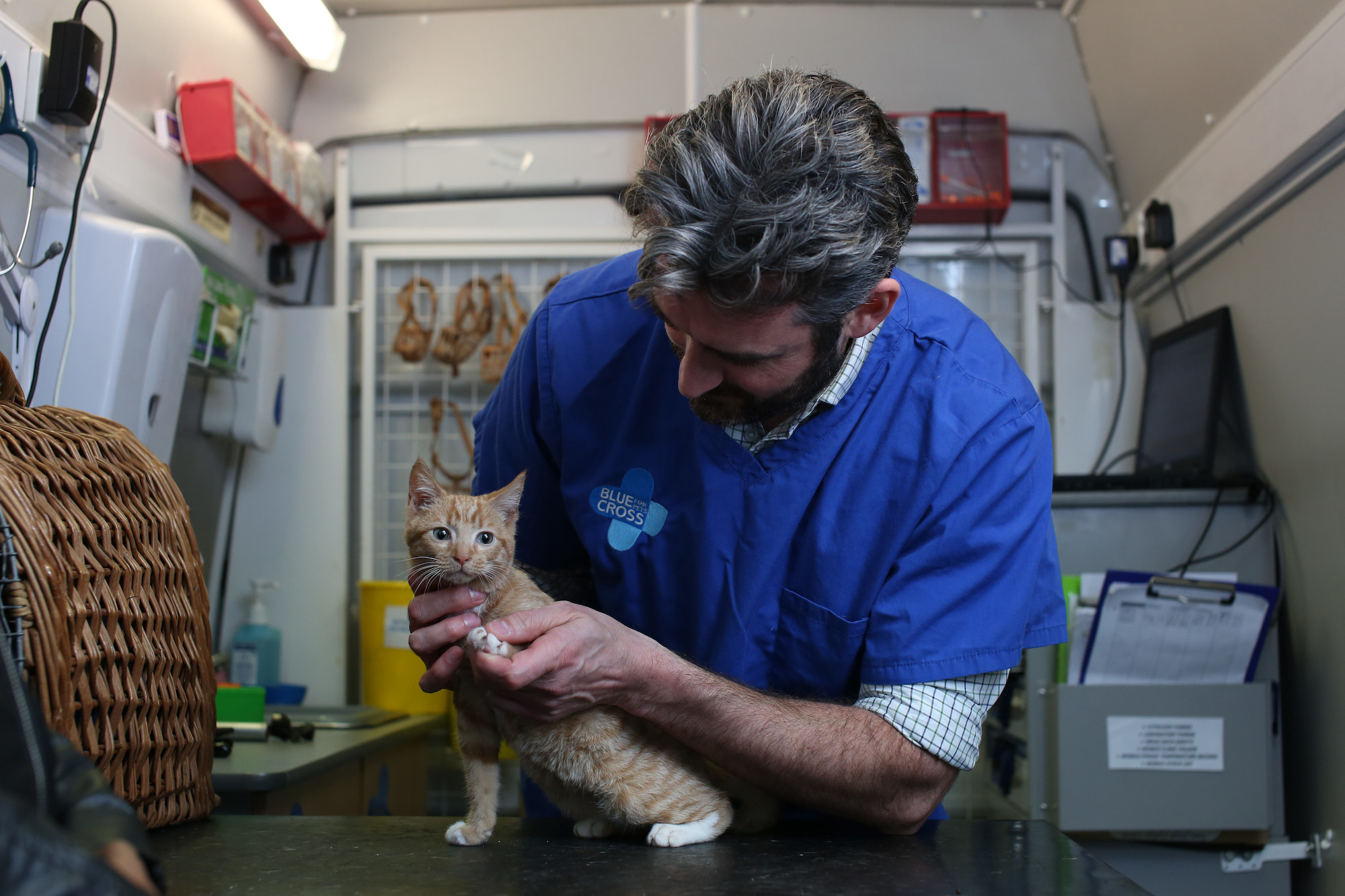
Kitten and cat vaccinations
Why does my cat need vaccinations?
Some diseases pose a major risk to cats and kittens and can even kill, but thankfully vaccinations can reduce the risk.
In the UK, cats and kittens should be protected against feline enteritis and cat flu, and also inoculated against feline leukaemia if they go outside, or, if they themselves stay in the home but live with other cats who do go outside.
Catteries are likely to insist your cat is vaccinated before they will allow your cat to board there.
When should my kitten have their first vaccination?
Kittens need a course of two vaccinations to protect them from potentially fatal infections feline infectious enteritis (which can cause severe vomiting and diarrhoea) and feline influenza (also known as cat flu).
There is also a vaccination that offers protection from the feline leukaemia virus which can affect the immune system.
The first injection can be given from nine weeks of age, with the second three to four weeks after the first injection.
Kittens should be kept away from other cats and stay indoors for seven days after the second injection to ensure maximum protection.
To maintain the level of protection provided by vaccination, adult cats require regular boosters. Your vet will advise on what is required and when.
What diseases should cats be vaccinated against?
The core vaccines for cats in the UK protect against:
- feline enteritis: Feline infectious enteritis is a disease caused when cats become infected with feline parvovirus (you might also see it referred to as feline panleukopenia virus). It spreads easily in unhygienic conditions and is sadly often fatal, with unvaccinated kittens being most at risk. Not all infected cats show symptoms, but those that do may vomit, become unable to eat or drink, and have watery diarrhoea.
- feline influenza, or cat flu: Cat flu is like a human flu – it can cause a runny nose and eyes, and a sore throat. Other symptoms include aches and pains in the muscles and joints, mouth ulcers, dribbling, sneezing, loss of voice and fever. Cat flu is not usually serious in adult cats, although they can be quite ill. However it can be serious, even fatal, in kittens, and in adult cats with other serious underlying illnesses. Read more about cat flu here.
- If your cat goes outside, or lives with cats who go outside, we recommend vaccinating them against feline leukaemia virus: Feline leukaemia virus (FeLV) is an incurable viral infection that eventually produces fatal illness in cats which become permanently infected. It is estimated that one to two per cent of cats in Britain are permanently infected, and the majority die within four years of FeLV detection. Read more advice about FeLV here.




